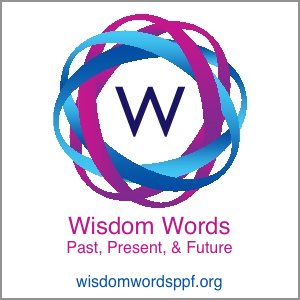The other day I was out for a stroll and passed two middle aged guys in animated conversation, “I remember high school like it was yesterday, and my best friend from there is now a grandfather!” That was interesting to me because I’d been thinking about how only with age do we see the makeup of that tumultuous phase- the cliques, the overlapping circles, passage from underclass to senior. At the time it’s all too much to fully take in- social rapids, interpersonal eddies, perilous falls. If we knew then what we do now, what would be different?
Which got me thinking about perspectives, given or gotten by way of time or shifted points of view. Semi-related, for some reason I can’t yet understand, I’m a bit unsettled by a thing I habitually do when seeing someone for the first time from behind. I try to guess what they look like head on. It’s kind of a game, but it’s not, probably harkening back to a reptile brain instinct. And it’s practically impossible to guess accurately. The human array is infinite. I’m not sure if the disturbing part has to do with being unwittingly judgmental, confused, or other measures that reside in the unconscious mind.


